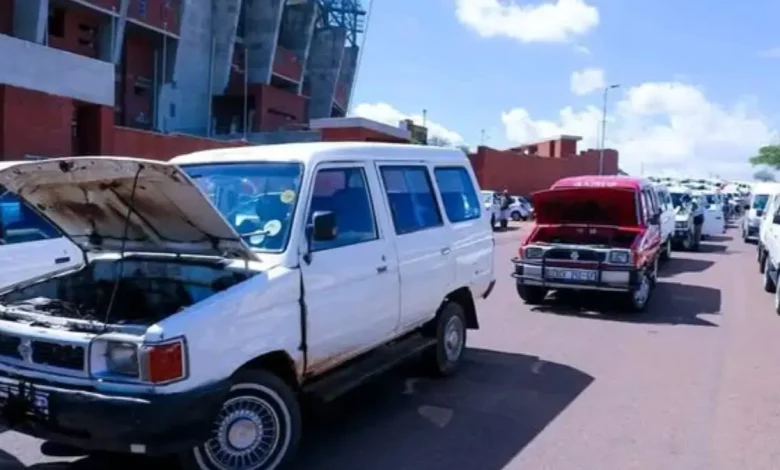
The Johannesburg Metro Police Department (JMPD) has intensified its efforts to remove unroadworthy vehicles from public roads in a renewed push for road safety. Motorists across the city have been cautioned. Vehicles failing to meet the standards outlined in the National Road Traffic Act could face immediate impoundment.
Authorities Target Dangerous Vehicles
Speaking on the clampdown, JMPD spokesperson Xolani Fihla reminded vehicle owners that the responsibility to ensure roadworthiness lies solely with them. He emphasised that cars with major faults pose a serious threat not only to drivers and passengers. They also endanger pedestrians and other road users.
“Our objective is to decrease the number of road crashes triggered by mechanical issues and reinforce adherence to traffic laws,” Fihla stated. Vehicles found to have critical safety faults during spot checks will not be permitted to continue on the road. Such vehicles will be towed to an impound facility.
Strong Backing from Civil and Safety Organisations
The campaign has received backing from civic watchdog groups, including the Organisation Undoing Tax Abuse (Outa), which has long highlighted the dangers posed by unsafe vehicles. Outa CEO Wayne Duvenage praised the visibility of the JMPD’s operations. He said the problem of unroadworthy vehicles has persisted for too long without adequate intervention.
“We’ve uncovered significant corruption in the roadworthiness certification process,” said Duvenage. “Our worry is that the Transport Department lacks a centralised, digital strategy to tackle the issue. Without that, unroadworthy vehicles will keep circulating on our roads.”
Duvenage further stressed that many fatal crashes could have been prevented if proper checks were conducted. He added that this is a national concern requiring urgent attention from authorities.
Experts Warn of the Risks
The Automobile Association echoed these sentiments, warning that poorly maintained vehicles contribute to serious accidents. While driver error remains a top cause of road incidents, the state of the vehicle often determines the severity of a collision.
“Mechanical failures—especially those related to brakes, tyres, or steering—can turn a manageable situation into a deadly one,” the Association stated. “Routine maintenance and compliance with safety regulations are non-negotiable for public safety.”
What Officers Are Inspecting
The JMPD is focusing on whether vehicles comply with all requirements under the National Road Traffic Act. Although there isn’t a specific checklist for public inspections, a full roadworthiness test typically covers all major components essential for safe operation.
Motorists can expect inspections to include the following key areas:
- Braking system: Pads, discs, fluid levels, handbrake, and ABS (if fitted) must all function properly, with no leaks.
- Steering and suspension: Shock absorbers, steering play, wheel alignment, and general stability are checked.
- Lights and electrical systems: All lighting, horn, dashboard alerts, and wiper systems must be operational and intact.
- Tyres and wheels: A minimum tread depth of 1.6mm is required, and tyres must show no damage or exposed cords.
- Body and frame: No rust or structural issues, with all doors, boot, and bonnet closing securely.
- Windows and mirrors: Cracks in windscreens—especially in the driver’s line of sight—are prohibited. Additionally, all windows must open and close properly.
- Leaks and emissions: No fluid leaks, secure battery, and no excessive smoke or engine noise are allowed.
- Identification: Engine and VIN numbers must match official documents with no signs of tampering.
What to Do If Your Car Is Impounded
If a vehicle is found unroadworthy and impounded, the owner will need to correct all identified issues. Once repaired, the vehicle must be transported—via flatbed, not driven—to an accredited testing station for a roadworthiness check.
Only after passing all requirements will a roadworthiness certificate be issued. With this certificate and the payment of applicable impound fees, owners can reclaim their vehicles. Then, they can return them to the road legally.
Taking Responsibility to Stay Safe
As the JMPD continues its campaign, motorists are urged to prioritise regular maintenance and ensure their vehicles meet safety standards. This crackdown signals a clear message—our roads must be safer, and that starts with every driver taking accountability.
Related article: JMPD on Vehicle Safety in Johannesburg: Check Your Car or Get Fined



